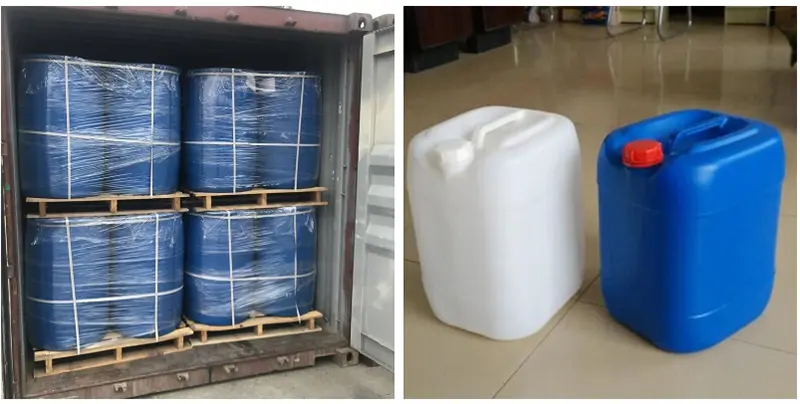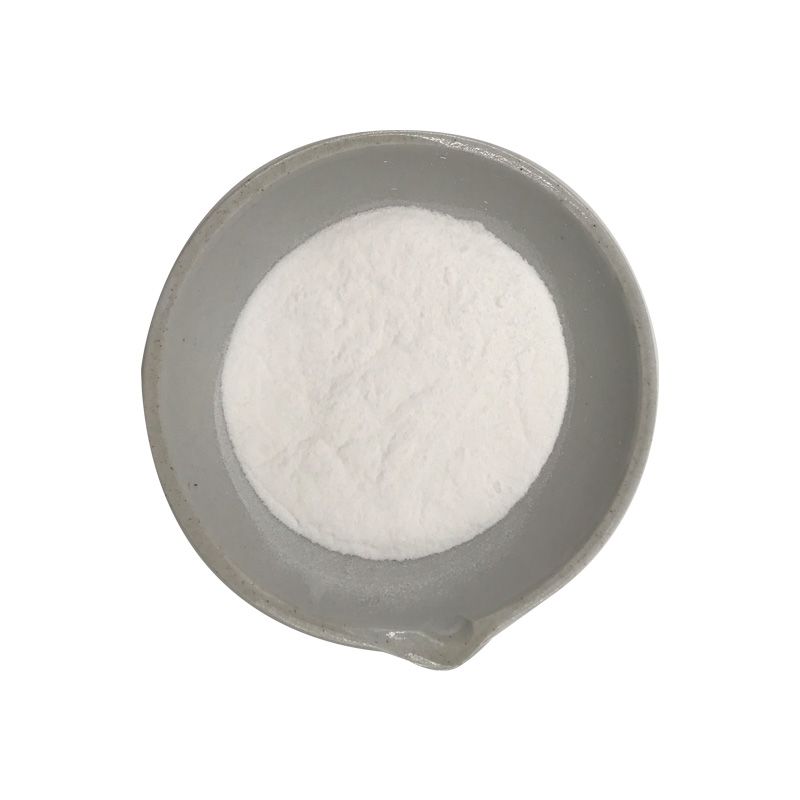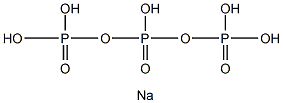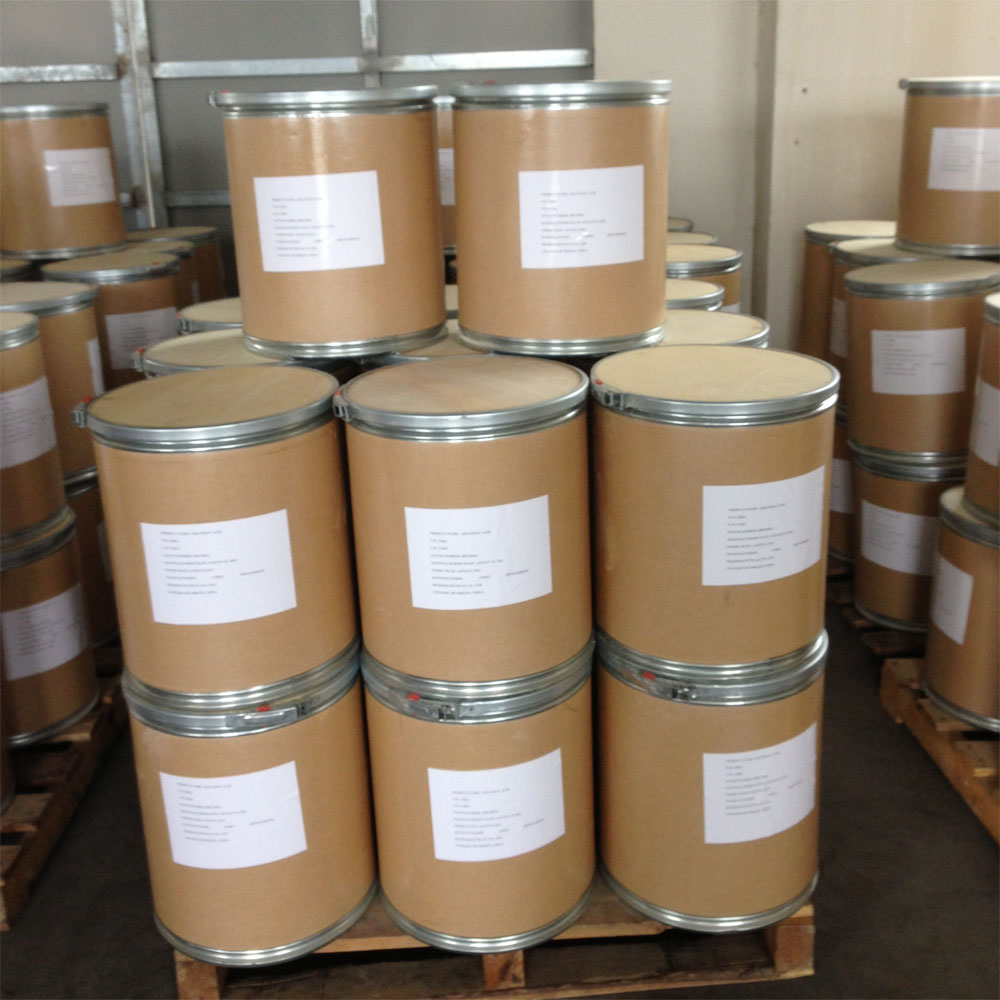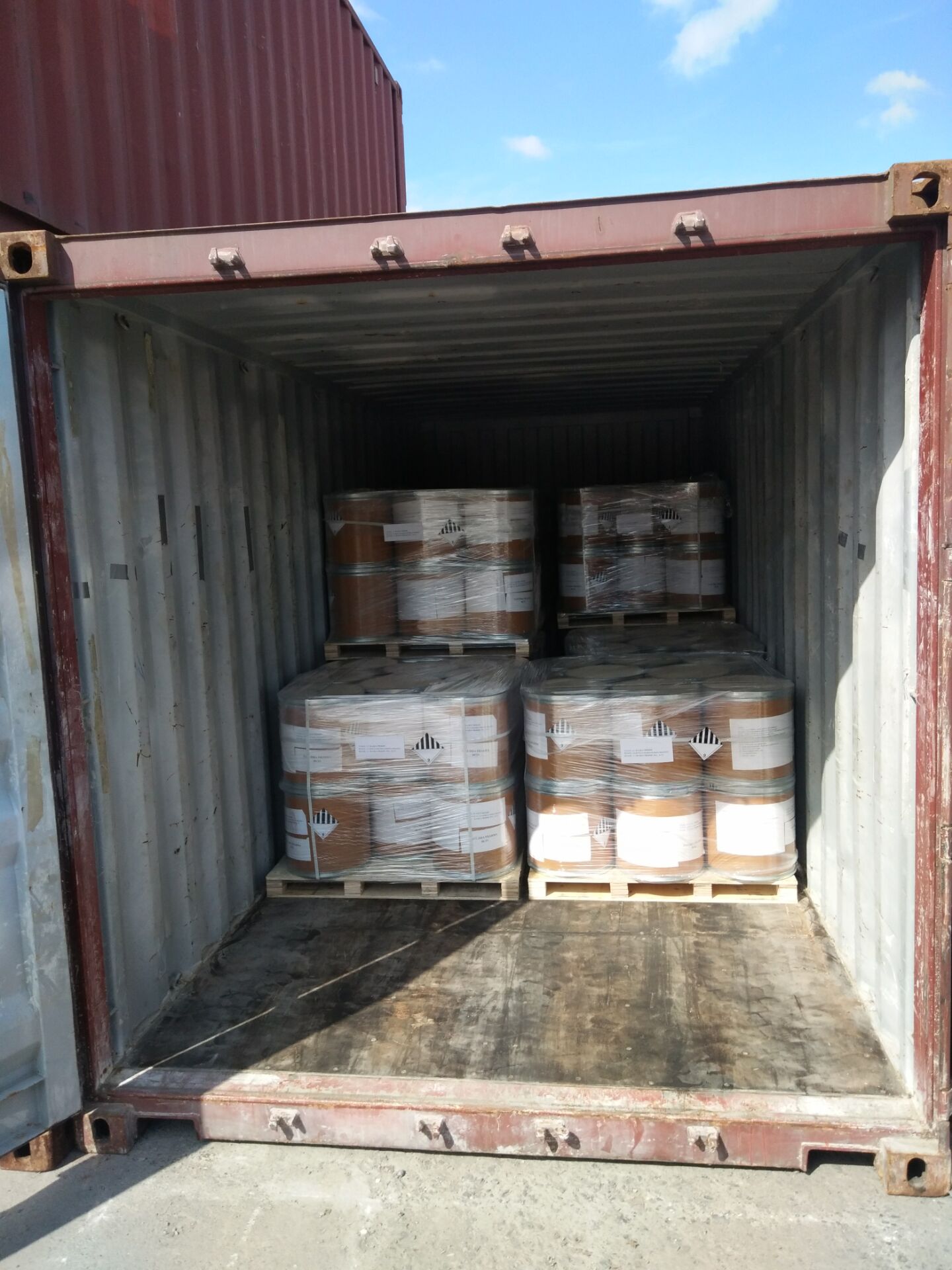Sodium tripolyphosphateCAS#7758-29-4
Sodium tripolyphosphate CAS#7758-29-4 Promotion Season Now in Store and Free Sample for Testing with Factory Price
Chemical Name:Sodium tripolyphosphate
CAS No.7758-29-4
Molecular Formula:Na5O10P3
Molecular weight:367.86
Sample: Available
Mode of Transportation
1. By Air, fast but expensive.
2. By Sea, usual and economy.
3. By Train, suit for middle Asia countries.
4. By Express, suit for small package.
We only provide highest quality goods available, accompanied by after support!
Products Description of Sodium tripolyphosphateCAS#7758-29-4
Sodium tripolyphosphate, also known as pentasodium phosphate, sodium pyrometaphosphate, STPP, pentasodium tripolyphosphate. White powdery crystals, good fluidity, relative molecular mass 367.86, melting point 622℃, easily soluble in water, its aqueous solution is alkaline. Commonly used in food as a moisture retainer, quality improver, pH regulator, metal chelator.
The aqueous solution of sodium tripolyphosphate is weakly alkaline (the pH value of a 1% aqueous solution is about 9.7). It forms a suspension (similar to an emulsion) in water with a pH range of 4.3 to 14, that is, a dispersion effect. Sodium tripolyphosphate can also make liquid and solid particles better soluble in liquid (such as water) media, making the solution completely transparent, like a real solution, which is the solubilization effect. Because sodium tripolyphosphate has the above unique properties, it has become an important and ideal raw material in washing powder.
Sodium tripolyphosphate Chemical Properties
Melting point | 622 °C |
density | 2.52 g/cm3 (20℃) |
vapor pressure | <0.1 hPa (20 °C) |
storage temp. | Storage temperature: no restrictions. |
solubility | H2O: may be clear to slightly hazy |
form | Powder/Solid |
color | White |
Odor | Odorless |
PH Range | 9.5 - 10.3 at 1 g/l at 20 °C |
PH | 9.0-10.0 (25℃, 1% in H2O) |
Water Solubility | 20 g/100 mL (20 ºC) |
Sensitive | Hygroscopic |
Merck | 14,8697 |
Stability: | Stable. Incompatible with strong oxidizing agents, strong acids. Hygroscopic. |
InChIKey | HWGNBUXHKFFFIH-UHFFFAOYSA-I |
LogP | -4.691 (est) |
CAS DataBase Reference | 7758-29-4(CAS DataBase Reference) |
EPA Substance Registry System | Sodium tripolyphosphate (7758-29-4) |
Safety Information
Hazard Codes | Xi |
Risk Statements | 36/37/38 |
Safety Statements | 26-36-24/25 |
WGK Germany | 1 |
RTECS | YK4570000 |
F | 3 |
TSCA | Yes |
HS Code | 28353110 |
Hazardous Substances Data | 7758-29-4(Hazardous Substances Data) |
Toxicity | LD50 orally in rats: 6.50 g/kg (Smyth) |
Product Application of Sodium tripolyphosphate CAS#7758-29-4
Moisture retainer, quality improver, pH adjuster, metal chelator. my country's "Sanitary Standard for the Use of Food Additives" (GB2760-2011) stipulates: For canned food, fruit juice (fruit flavor) drinks, and vegetable protein drinks, the maximum usage is 1.0g/kg; for dairy products, poultry products, meat products, ice cream, and instant noodles, the maximum usage is 5.0g/kg. When compound phosphates are used, the amount of canned meat products shall not exceed 1.0g/kg in terms of phosphate; the amount of condensed milk shall not exceed 0.50g/kg; when this product is used in combination with sodium pyrophosphate and sodium phosphate, the amount of phosphate shall not exceed 5g/kg; Western-style steaming and smoked ham shall comply with GB13101-1991 "Sanitary Standard for Western-style Steaming and Smoked Ham", and the amount of compound use shall not exceed 5g/kg (Western-style ham may be appropriately added, calculated as 8g/kg in terms of phosphate. Other usage references: Used in canned ham, under appropriate conditions, it is beneficial to improve product quality, such as complete shape and color of the finished product. Good color, tender meat, easy to slice, shiny cut surface. Sodium tripolyphosphate is used for pickling raw ham meat. For every 100kg of meat, add 2.2kg of No. 3 mixed salt (91.65% refined salt, 8% sugar, 0.35% sodium nitrite) and 85g of sodium tripolyphosphate, stir well, and pickle in a 0~4℃ cold storage for 48~72h. The effect is good. It is used in canned broad bean production to soften the bean skin. Many fruits and vegetables have tough skins, and as the fruits and vegetables mature, the skins become tougher. Adding polyphosphates to the blanching or soaking water for fruit and vegetable processing can chelate calcium, thereby reducing the toughness of the skin.
Factory and Equipment Show
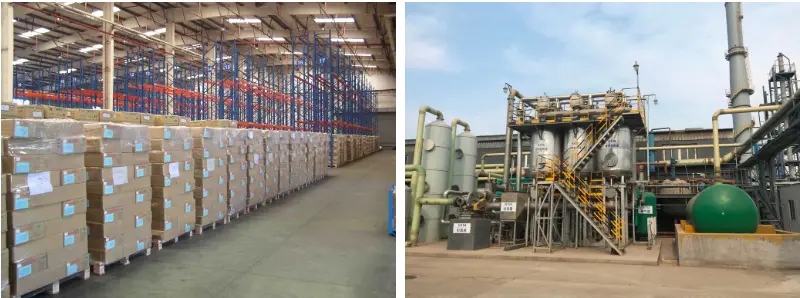

Fast delivery time
Inventory 2-3 working days New production 7-10 working days
